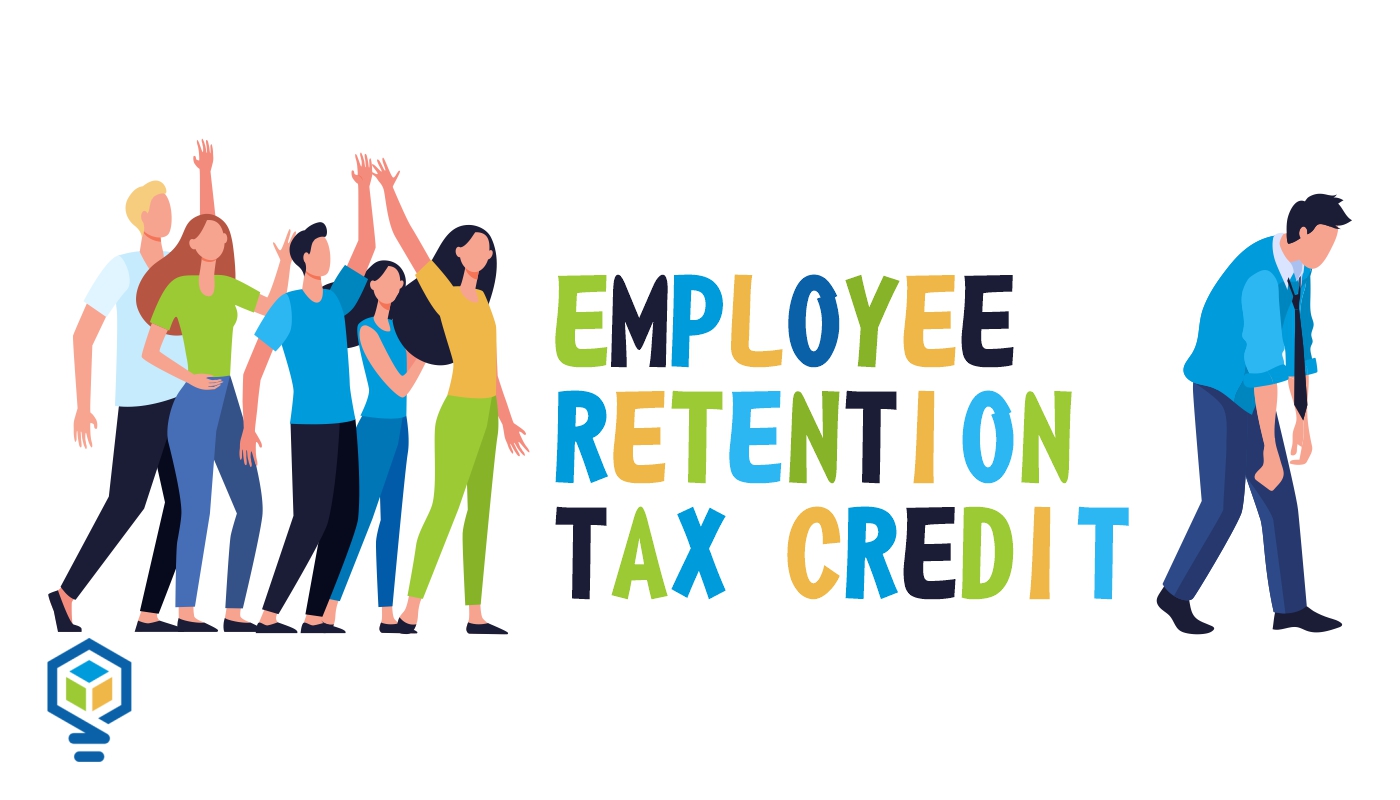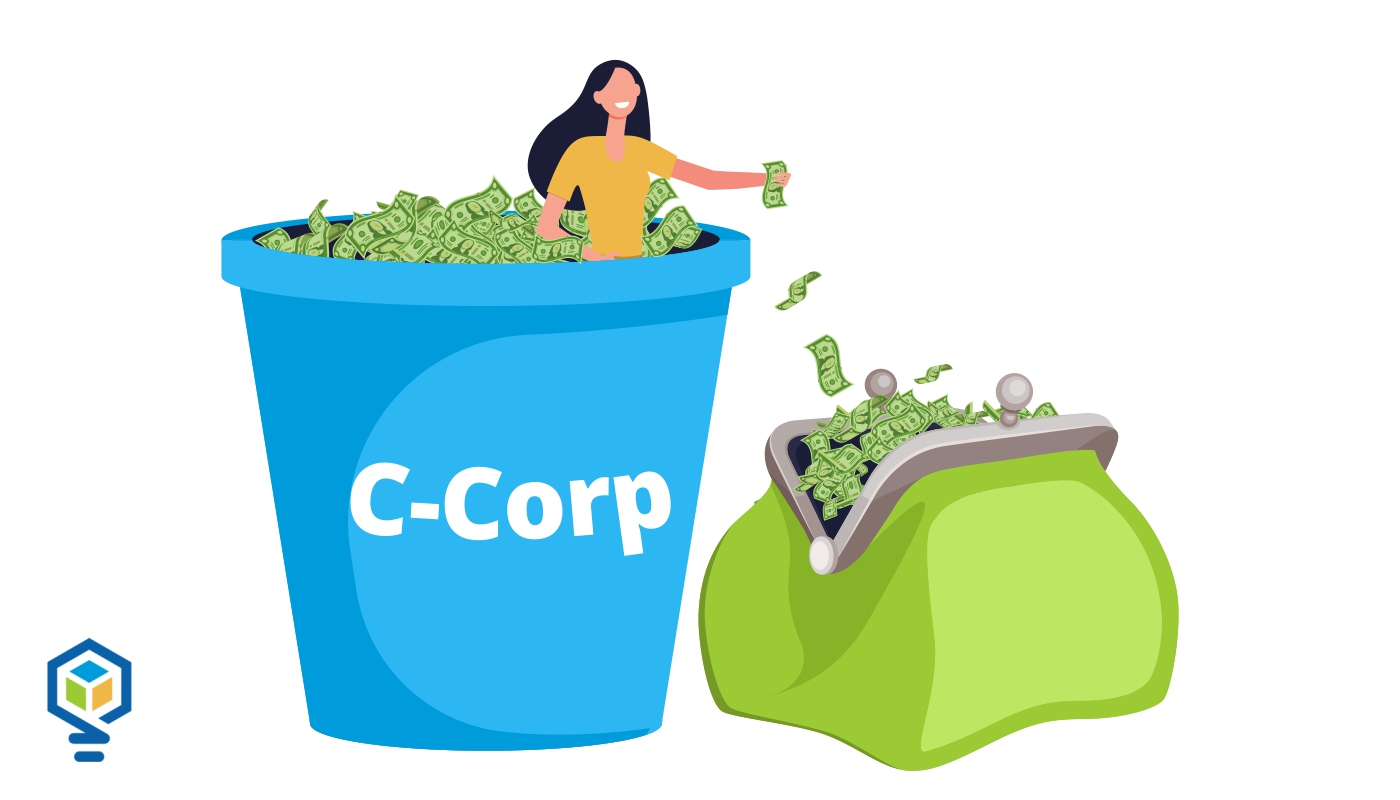
An Overview of the Risks and Possibilities of Related Party Exchanges
IRC § 1031 exchanges have the ability to confer substantial financial benefits to taxpayers. Although taxpayers may use § 1031 to place themselves in a superior economic position, taxpayers may not exploit this section in an abusive manner. Taxpayers can use exchanges to give themselves different types of benefits, but one of the primary benefits is the deferral of federal income tax. When conducted correctly, 1031 exchanges are regarded as a form of legitimate tax avoidance. One of the main issues involved with these transactions is determining the boundaries between abusive tax avoidance and non-abusive tax avoidance. In the context of “related party exchanges” – i.e. those transactions which involve subsection 1031(f) – this issue shows up in a relatively complex fashion, because the related party rules are not well understood by most practitioners. Furthermore, determining abusive tax avoidance with related party exchanges is difficult because of the scarcity of case law.
Based on the case law which we have, and on the other authoritative references, we can put together a reasonable overview of the risks of related party exchanges. This overview should prove useful when providing expert counsel to taxpayers seeking to conduct this type of transaction. For direct exchanges, the 2-year ownership rule found in 1031(f)(1)(C) should be used as the dominant source of guidance. For “indirect exchanges,” taxpayers must be aware of the higher levels of risk involved, as there is a greater possibility of abusive tax avoidance.
To read more click here!













